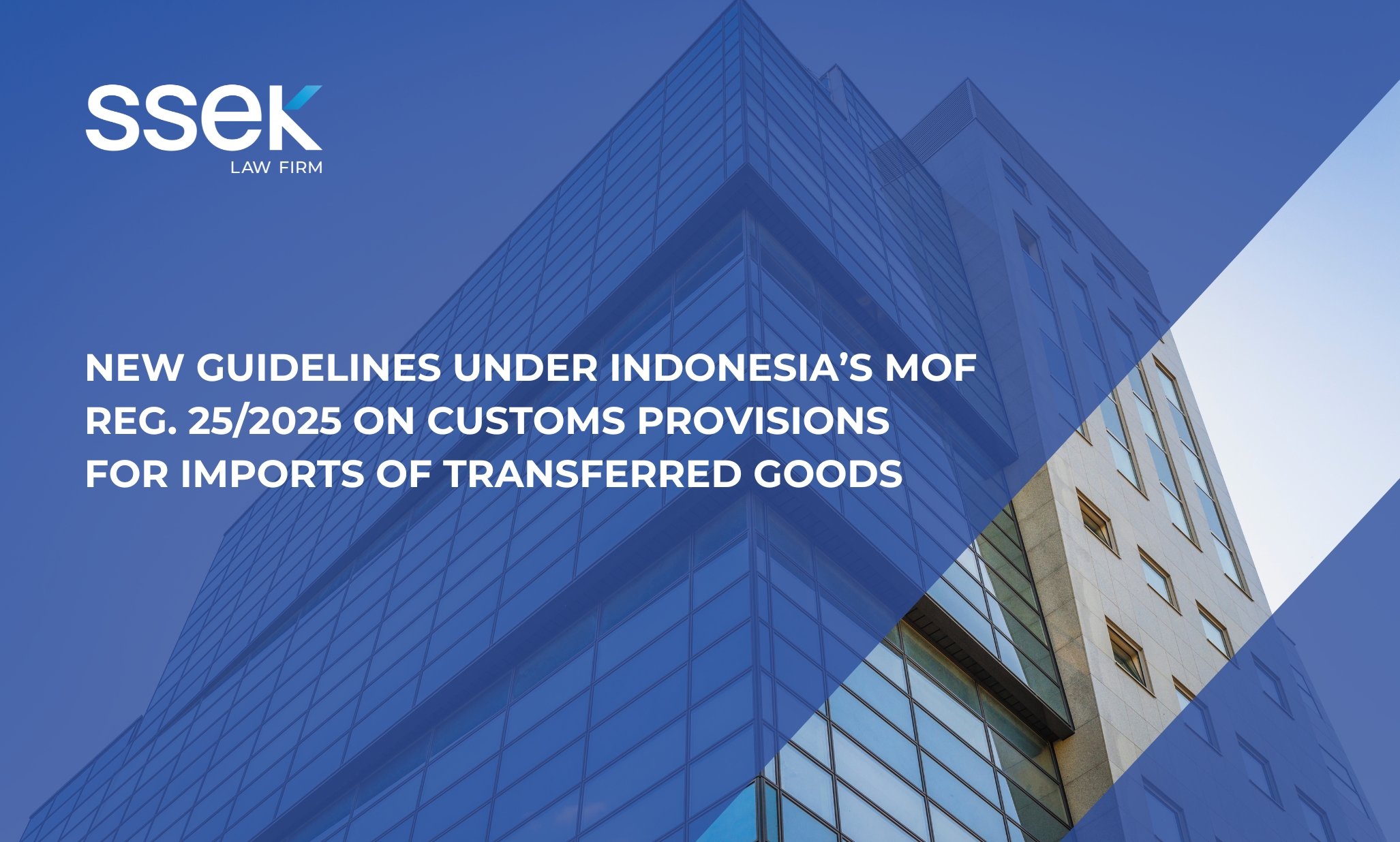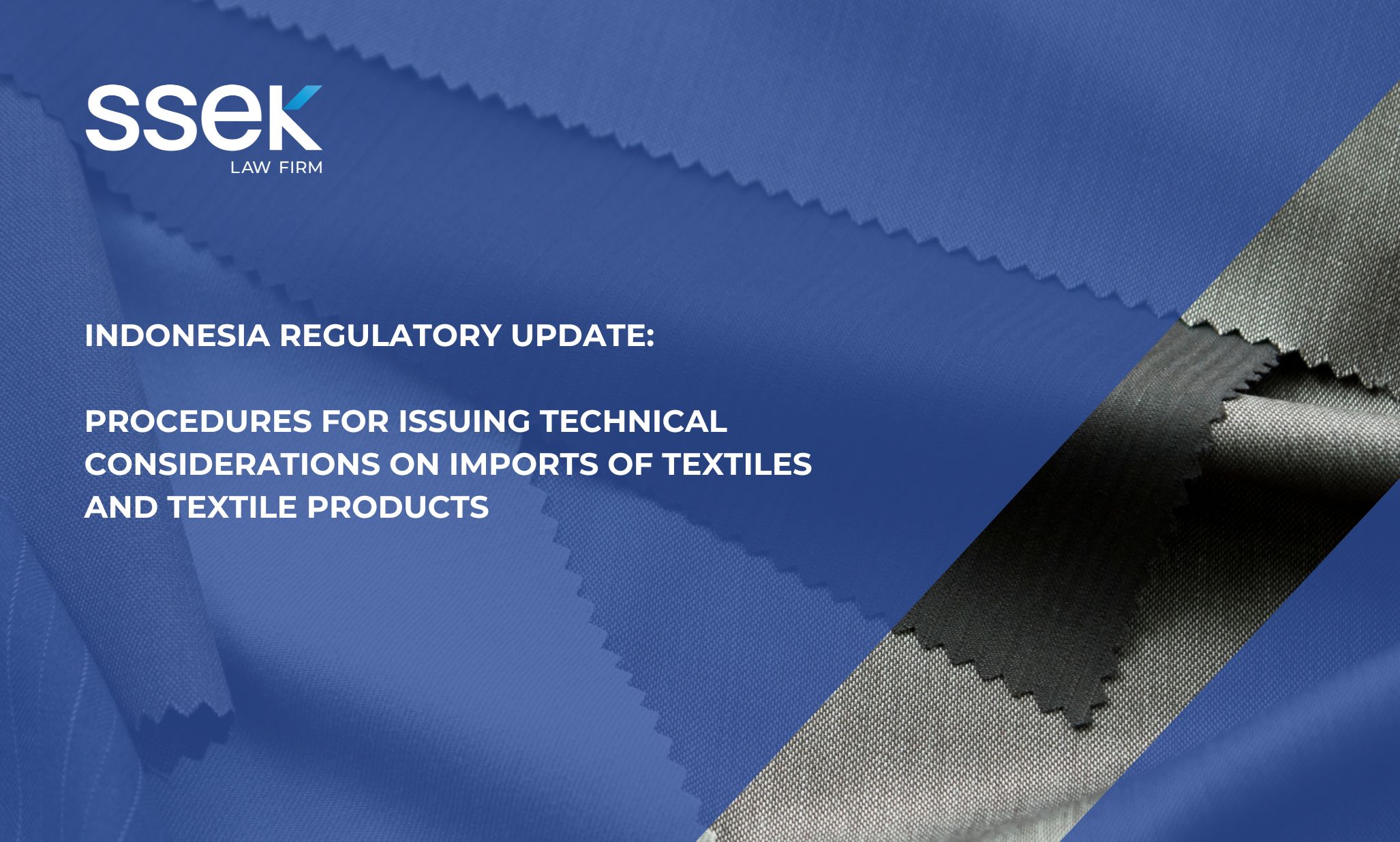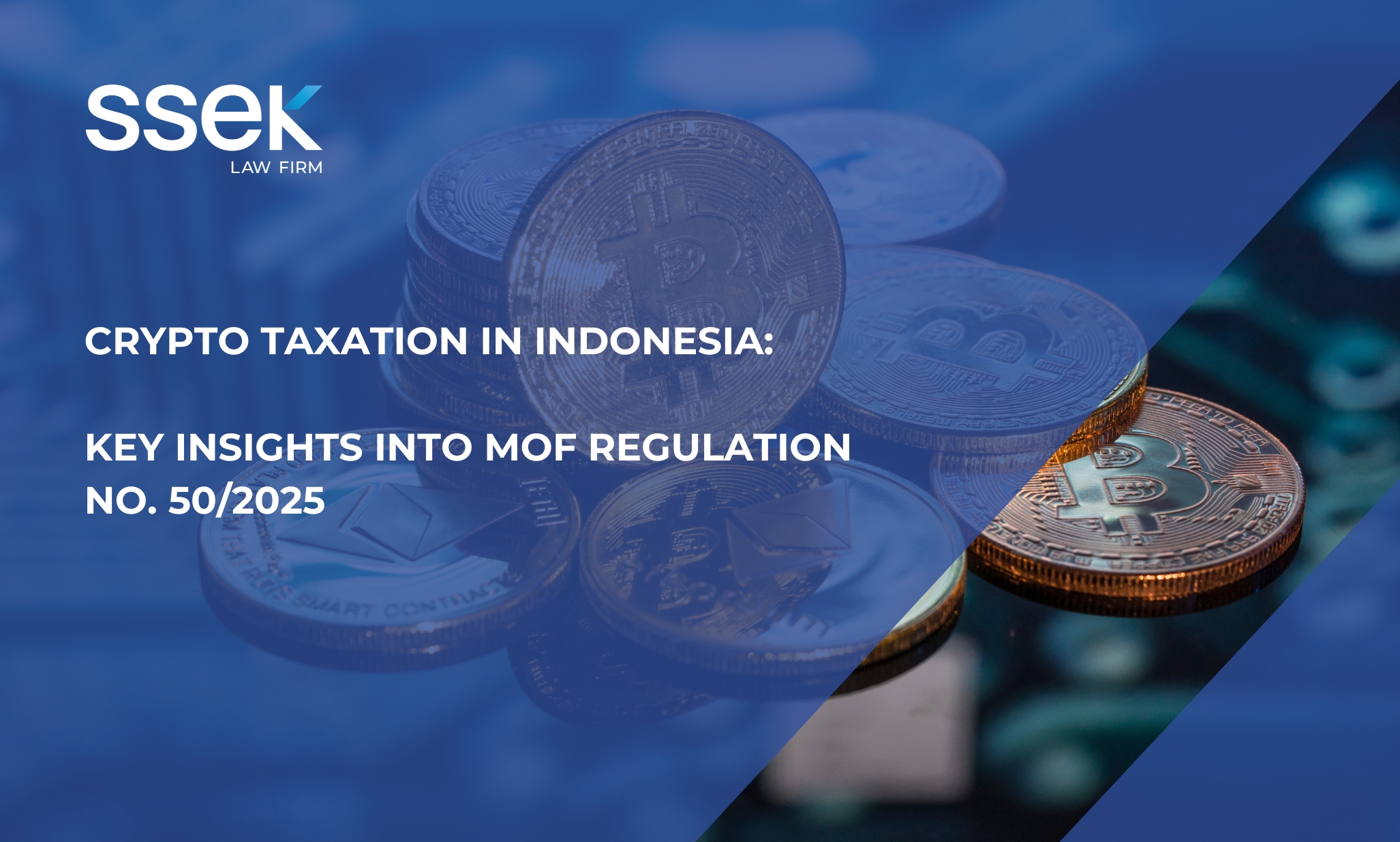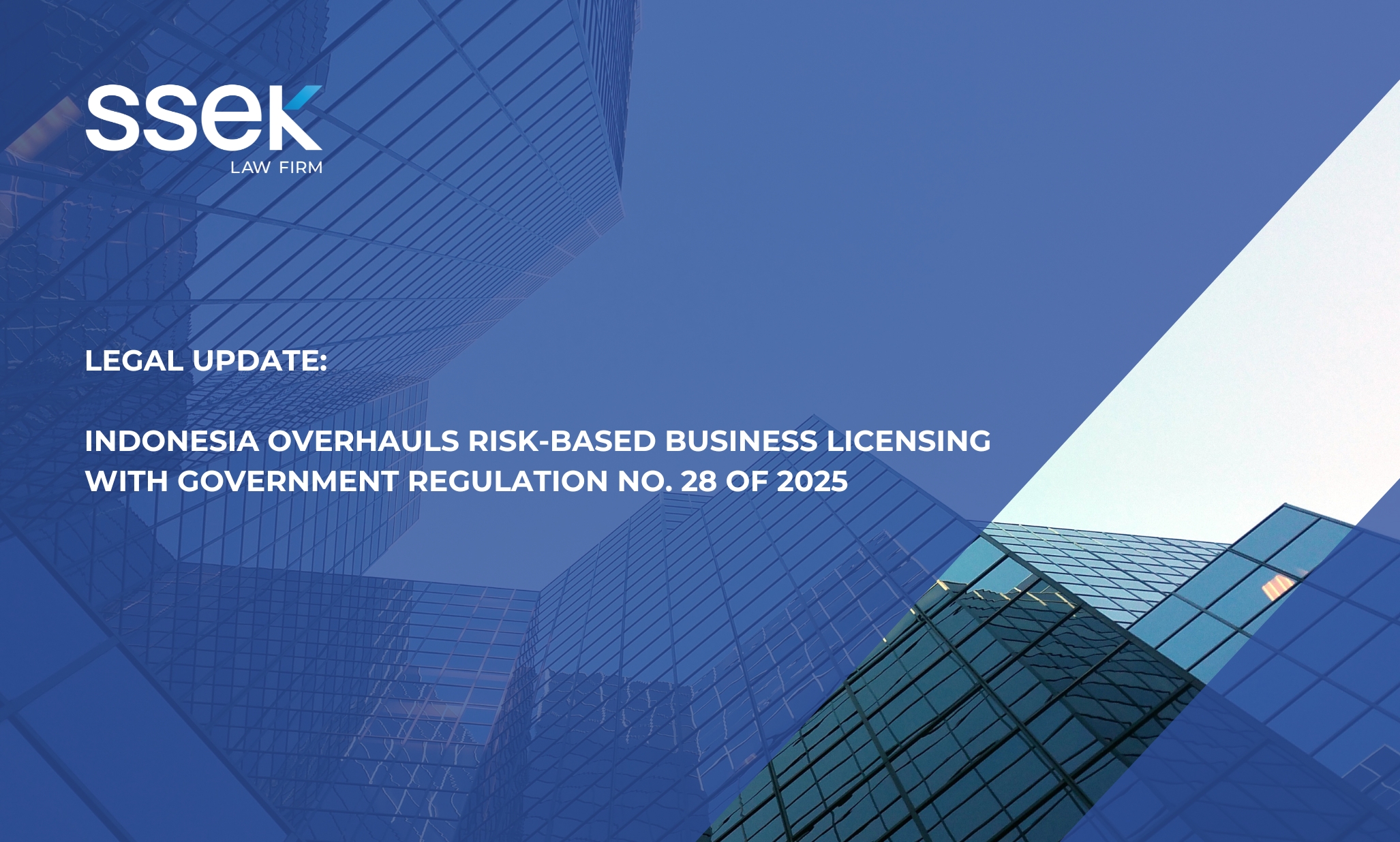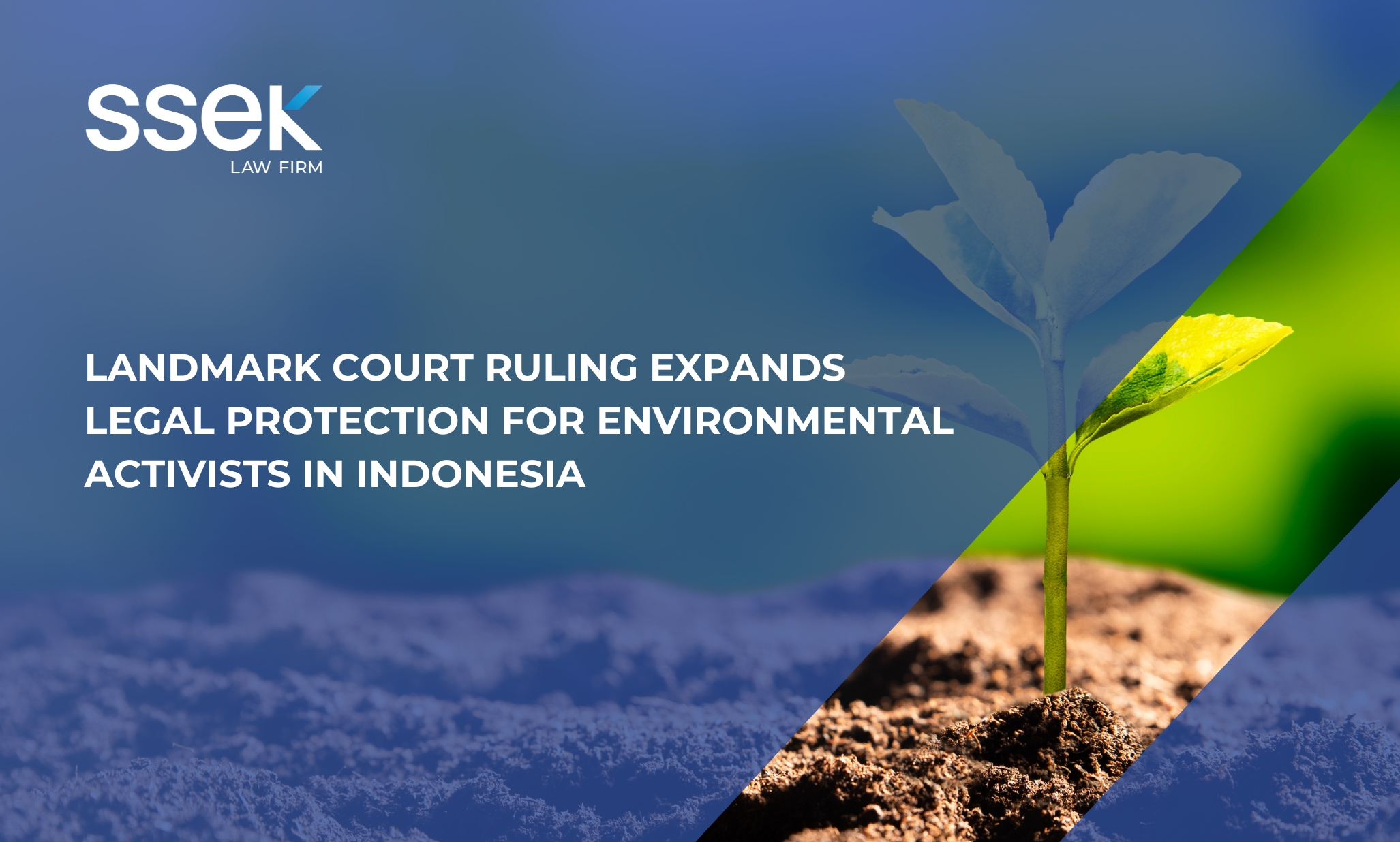


On August 28, 2025, the Constitutional Court of Indonesia issued a landmark ruling (Constitutional Court Ruling No. 119/PUU-XXIII/2025) that significantly strengthens legal protections for environmental activists.
The Court partially granted the judicial review of the Elucidation (explanatory note) of Article 66 of Law No. 32 of 2009 on Environmental Protection and Management (“Environmental Law”), declaring it unconstitutional and conditionally void to the extent it restricts the scope of who is protected.
The core of the dispute lay in the inconsistency between the main text of Article 66 and its explanatory note. Article 66 of the Environmental Law stipulates: “Every person who fights for the right to a proper and healthy environment may not be charged with criminal or civil offense.”
However, the explanatory note of Article 66 limited this protection, stating: “This provision is intended to protect victims and/or reporting parties who pursue legal remedies for environmental pollution and/or damage. Such protection is intended to prevent acts of revenge from the reported parties through criminal prosecution and/or civil lawsuits, while still upholding judicial independence.”
The claimants argued that this limitation was unconstitutional as it excluded other key actors involved in environmental protection.
In Constitutional Court Ruling No. 119/PUU-XXIII/2025, the Court declared the explanatory section of Article 66 of the Environmental Law unconstitutional and without binding legal force. The Court clarified that the legal protection under Article 66 applies to victims, reporters, witnesses, experts, and environmental activists.
The Constitutional Court’s Panel of Judges grounded its reasoning on several considerations:
- First, the term “every person” in Article 1 point (32) of the Environmental Law must be understood broadly and not limited to victims and reporting parties.
- Second, this broad interpretation is consistent with Article 28H(1) of the 1945 Constitution of the Republic of Indonesia, which guarantees the right to a proper and healthy environment as a fundamental human right.
- Third, the explanatory section of Article 66 of the Environmental Law unjustifiably limited the scope of protection provided in the main text of the law. Such limitation undermined public participation, discouraged environmental advocacy, and created legal uncertainty.
Constitutional Court Ruling No. 119/PUU-XXIII/2025 represents a significant advancement in the protection of environmental rights in Indonesia.
By affirming a broad constitutional interpretation, the Court not only reinforces Indonesia’s commitment to environmental democracy and the right to a healthy environment, but also establishes a clear precedent to safeguard environmental activists and ensure stronger public participation in the future.
This publication is intended for informational purposes only and does not constitute legal advice. Any reliance on the material contained herein is at the user’s own risk. All SSEK publications are copyrighted and may not be reproduced without the express written consent of SSEK.




